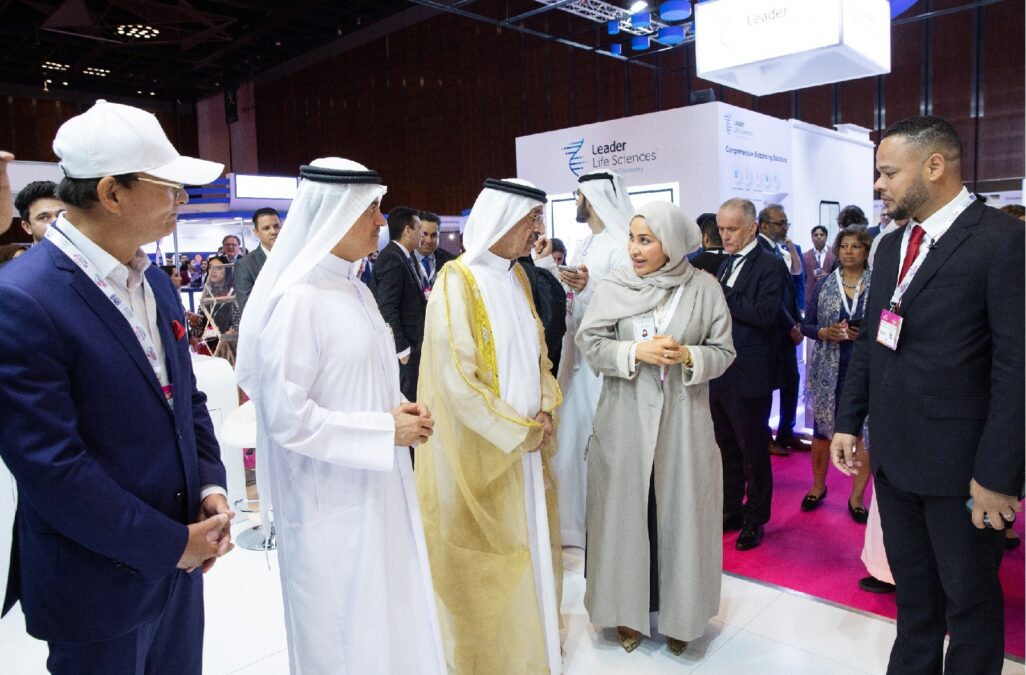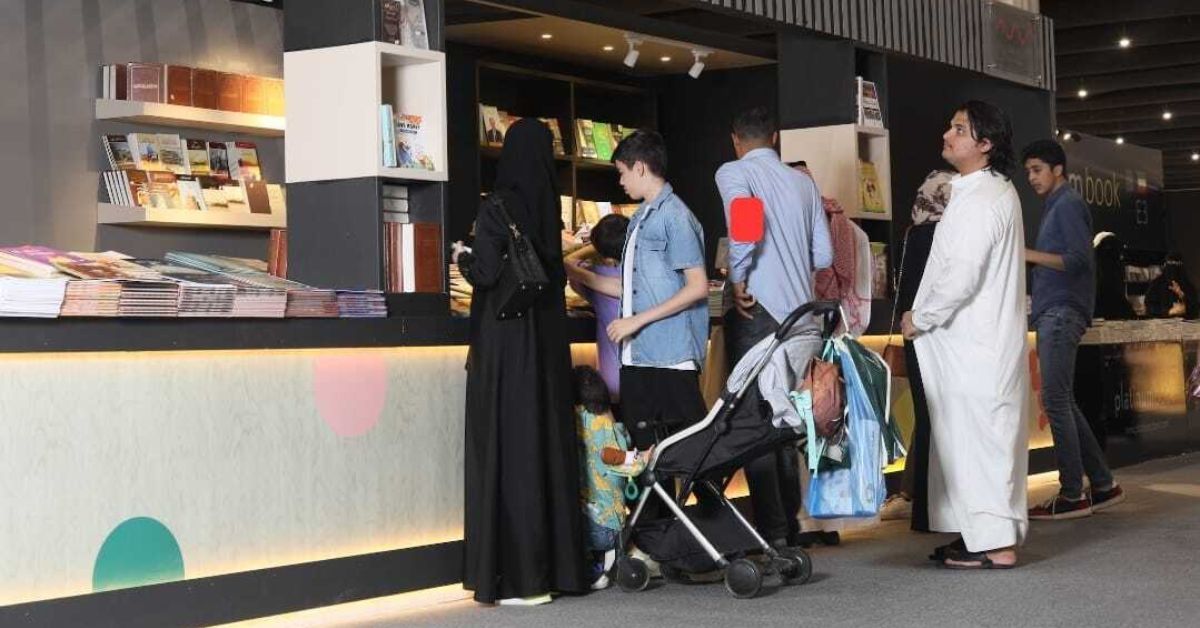DUBAI, UAE — Meeting the fast-changing customer expectations is a challenging endeavor for the marketing and event industries in the GCC region, which are in a state of constant evolution, adapting to meet growing demands for innovative marketing strategies and world-class events.
The Gulf region’s strategic location, robust economies, and commitment to infrastructure development have made the region a vibrant marketplace for businesses and a hotspot for diverse events. “While these advantages are significant, adapting swiftly to evolving customer expectations remains a formidable challenge,” said Sankalp Sharma, Co-Founder and CEO of RAYQUBE, a digital technologies and event interactions expert agency.
The challenges faced by marketing and event industries include shifting customer preferences, intense competition, budget constraints, talent shortages, and modifications necessitated by the post-COVID-19 pandemic, Sharma said.
The industry has seen significant changes over the years, with new technologies and evolving customer preferences driving numerous trends. Sustainability, personalization, and data-driven insights are the current trends, Sharma pointed out.

While virtual events have proliferated due to the pandemic, Sharma emphasized the continuing relevance of in-person events, offering unique benefits like face-to-face networking and immersive experiences.
“In-person events offer unique benefits that cannot be replicated in a virtual format, such as face-to-face networking, immersive experiences, and spontaneous interactions. However, I do think that virtual events will continue to be an important complement to in-person events, providing a convenient and accessible option for attendees who are unable to attend in-person” he said.
He envisioned the future of events as a mix of in-person, hybrid, and virtual formats. This approach, Sharma believes, would allow brands to reach wider audiences and deliver engaging experiences innovatively.
Brands and clients today are seeking more than traditional event formats. They want events that provide attendees with unique and engaging experiences. They look for innovative, engaging events that offer tangible value to attendees.
- CHALLENGES
- The evolving nature of customer preferences due to new technologies and changing expectations pose significant challenges for the marketing and event industries.
- The growth of digital marketing and the surge of events intensify competition, making it harder to stand out and provide unique brand experiences.
- Limited budgets restrict many brands and clients from delivering the immersive experiences that the audience expects.
- The increased demand for proficient marketing and event professionals leads to talent scarcity, complicating recruitment and retention.
- The aftermath of the COVID-19 pandemic has imposed new challenges, including travel restrictions and health safety concerns, necessitating quick adaptations for safe and engaging event experiences.
Sharma suggested that event organizers can distinguish themselves in a crowded market by focusing on creating unique, immersive experiences tailored to the needs and preferences of attendees.
Key features that brands and clients seek today in their events include immersive and interactive experiences, networking opportunities, and hybrid and virtual options, he said.
- TRENDS
- Emphasis on sustainability: More brands and clients strive for eco-conscious events that limit environmental harm, using methods like sustainable catering, waste reduction, and green materials.
- Desire for personalization: Attendees seek customized events catering to their specific needs and interests, leading to organizers providing tailored agendas, content, and networking chances.
- Use of data-driven insights: Leveraging digital technologies, event planners are capitalizing on data analysis to understand attendee behaviors and preferences, enhancing event experiences as a result.
Sharma highlighted some recent technologies particularly beneficial for brands aiming to interact with their customers and achieve marketing objectives. These include AI-powered chatbots, augmented reality (AR), virtual reality (VR), Internet of Things (IoT), and voice-activated assistants.

Leveraging these technologies can provide brands with personalized customer service, immersive experiences, and natural, intuitive interactions with customers, paving the way for a transformed future of the event industry.
“This might include things like augmented reality and virtual reality experiences, interactive displays, and live demonstrations,” Sharma said.
- CHANGE IN PREFERENCES
- Need for immersive and interactive elements: Companies are seeking events with engaging and interactive experiences for attendees, like augmented reality, virtual reality, and live demos.
- Emphasis on networking: Brands desire events with plenty of networking chances, incorporating structured networking sessions, social gatherings, and digital networking tools.
- Demand for hybrid and virtual participation: Due to the pandemic, many companies prefer events with hybrid or virtual alternatives for remote attendees, using live streaming, virtual breakout sessions, etc.
- Use of AI chatbots: Brands are implementing AI-powered chatbots to offer round-the-clock, personalized customer service, leveraging natural language processing for human-like interactions.
- Utilization of Augmented Reality (AR): AR tech is employed by brands to offer immersive, interactive experiences. Example: furniture retailers letting customers virtually position products in their homes pre-purchase.
- Adoption of Virtual Reality (VR): Brands use VR to craft fully immersive experiences, transporting customers to novel settings. Travel brands may use this to showcase destinations in a more engaging way.
- Implementation of Internet of Things (IoT): IoT tech allows brands to gather data from connected devices, yielding insights into customer behavior and preferences for personalized marketing.
- Integration of voice assistants: With the rise of smart speakers and voice assistants like Siri and Alexa, brands leverage voice tech to engage with customers more naturally. Example: retailers developing voice-activated shopping assistants.

